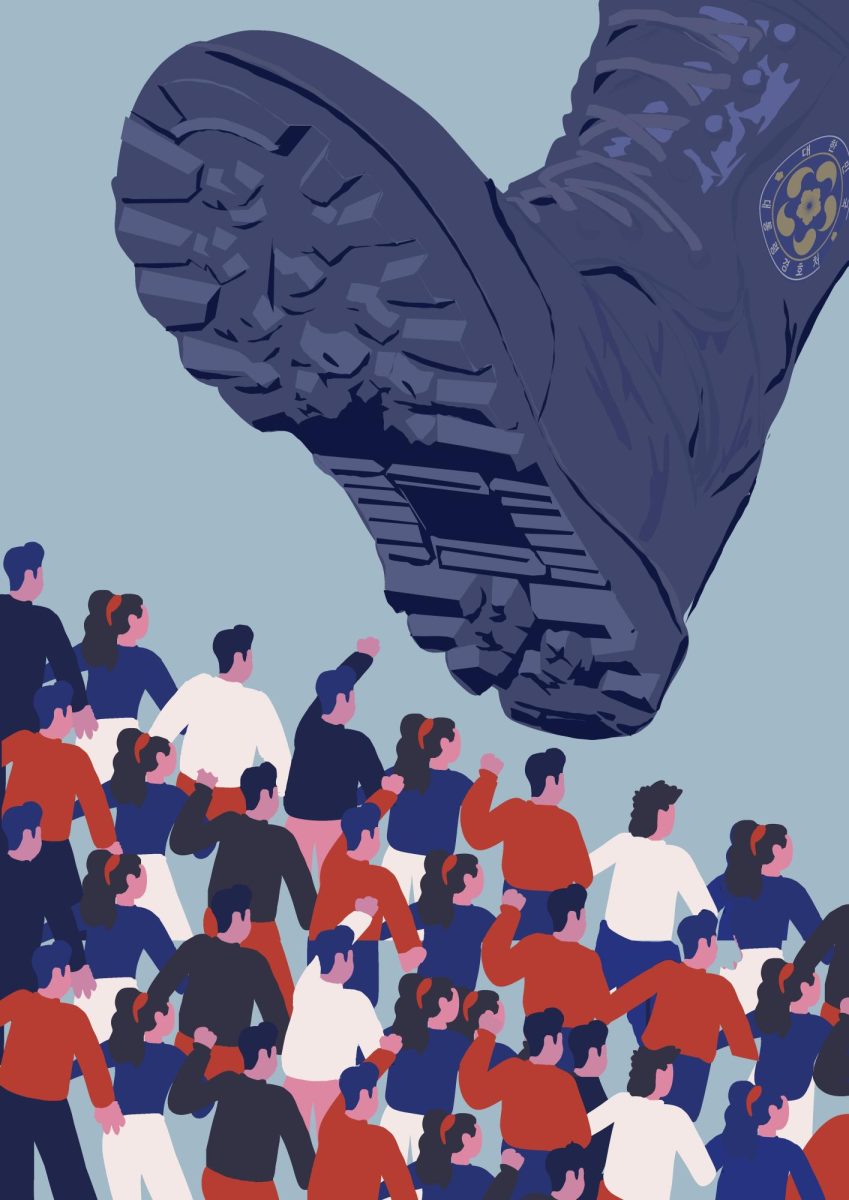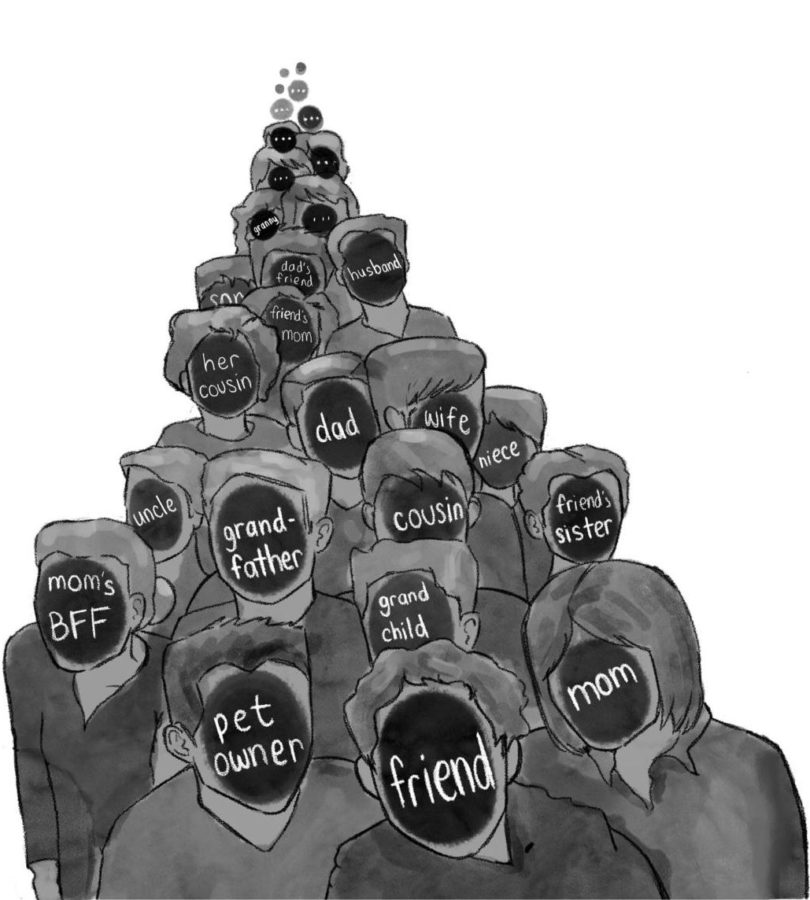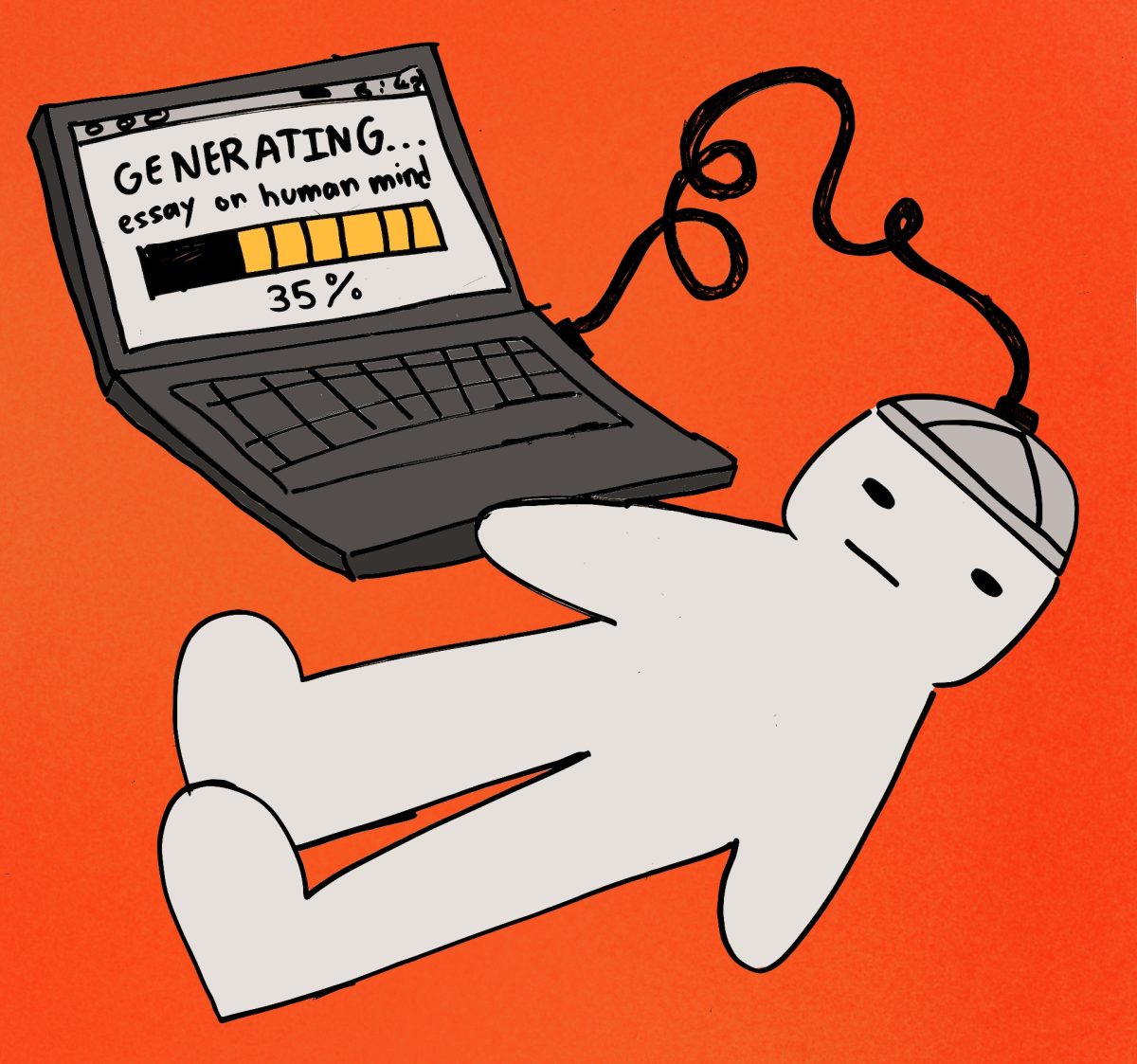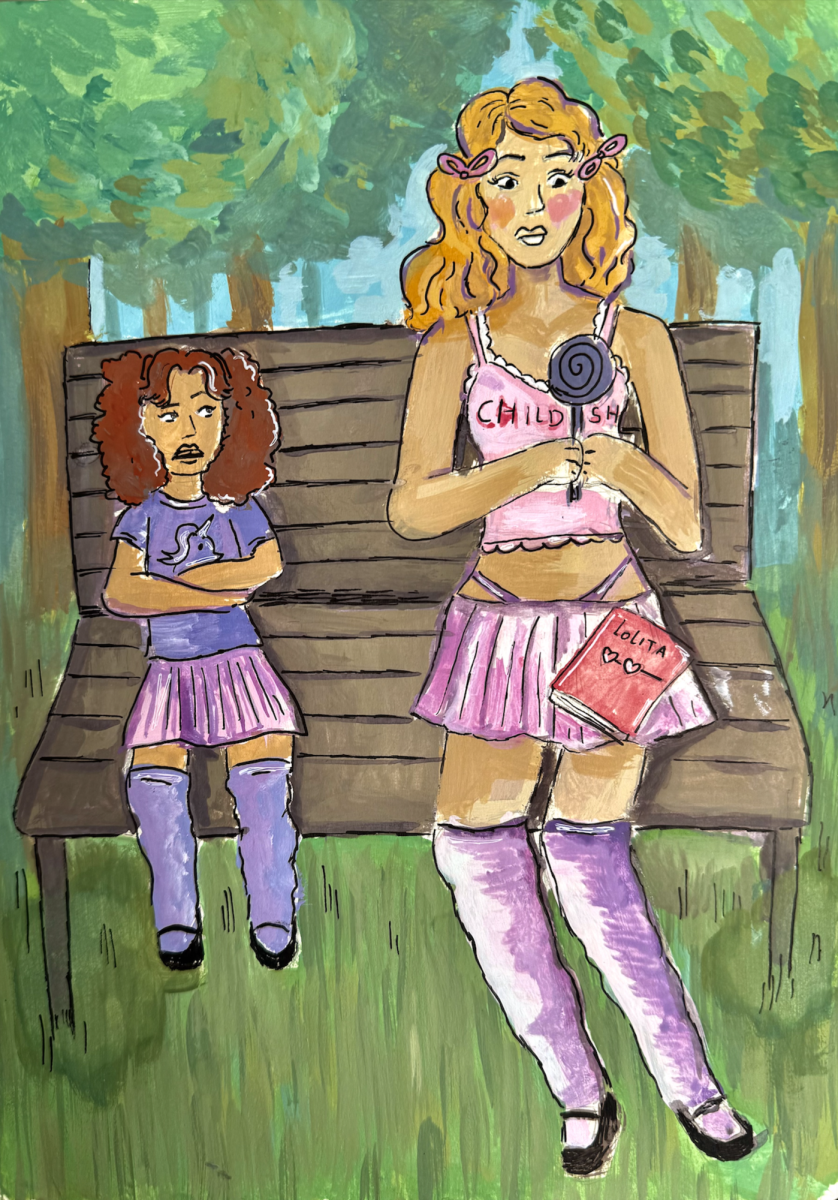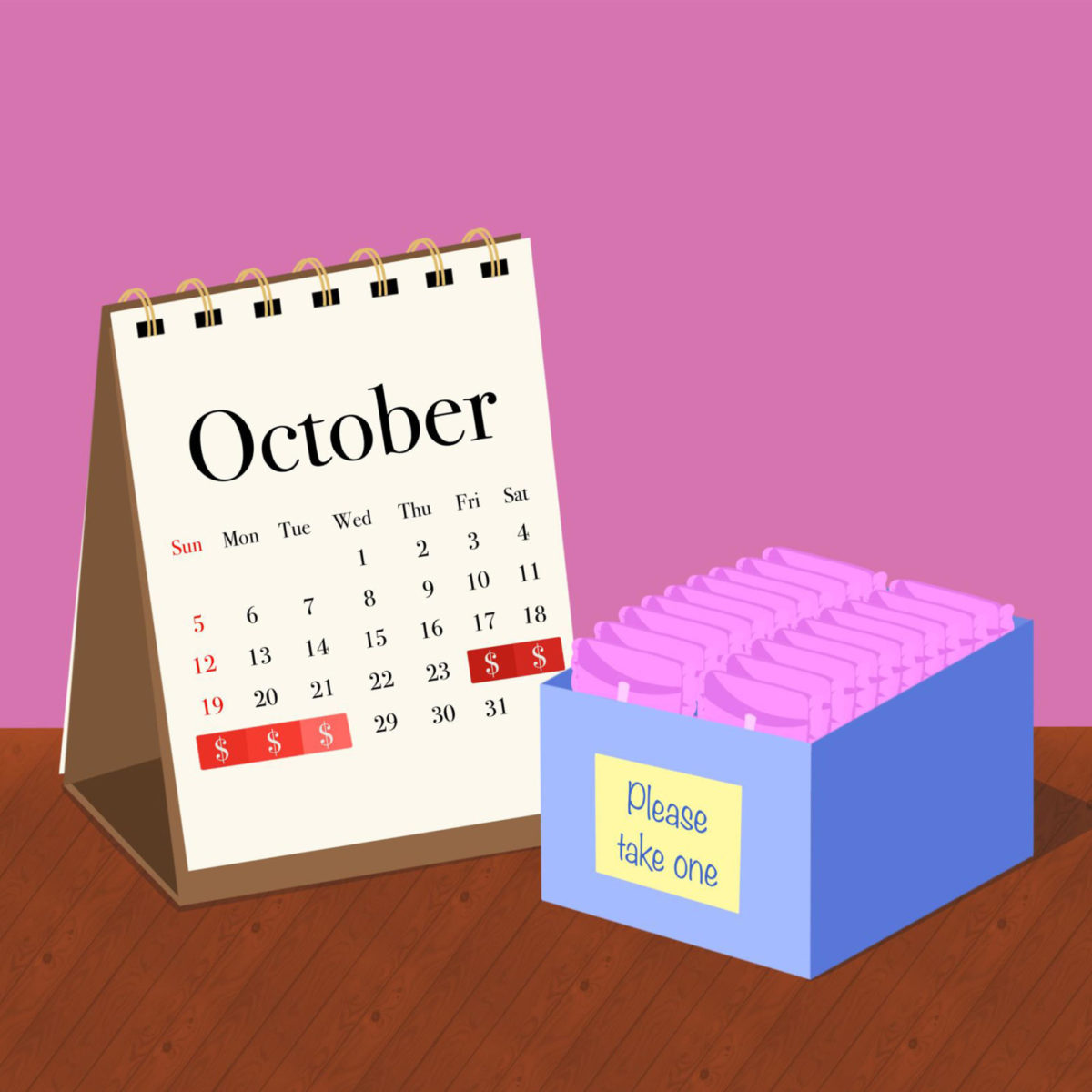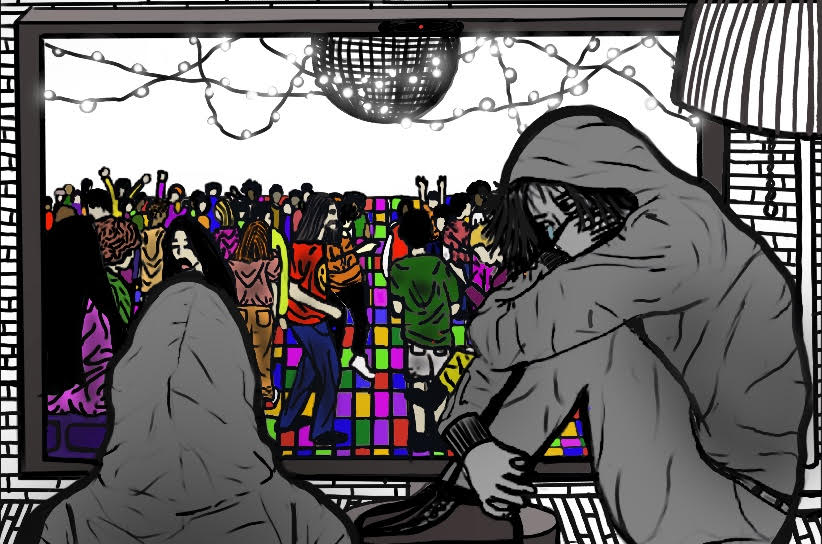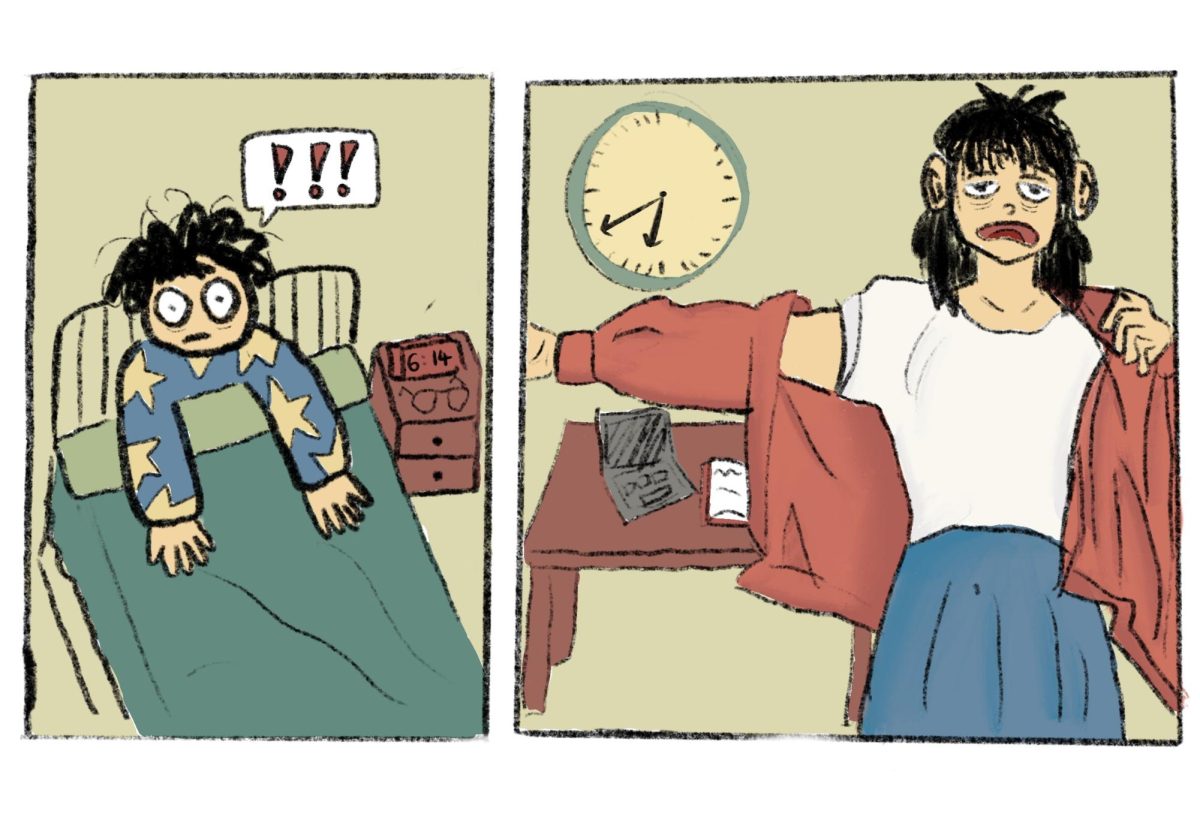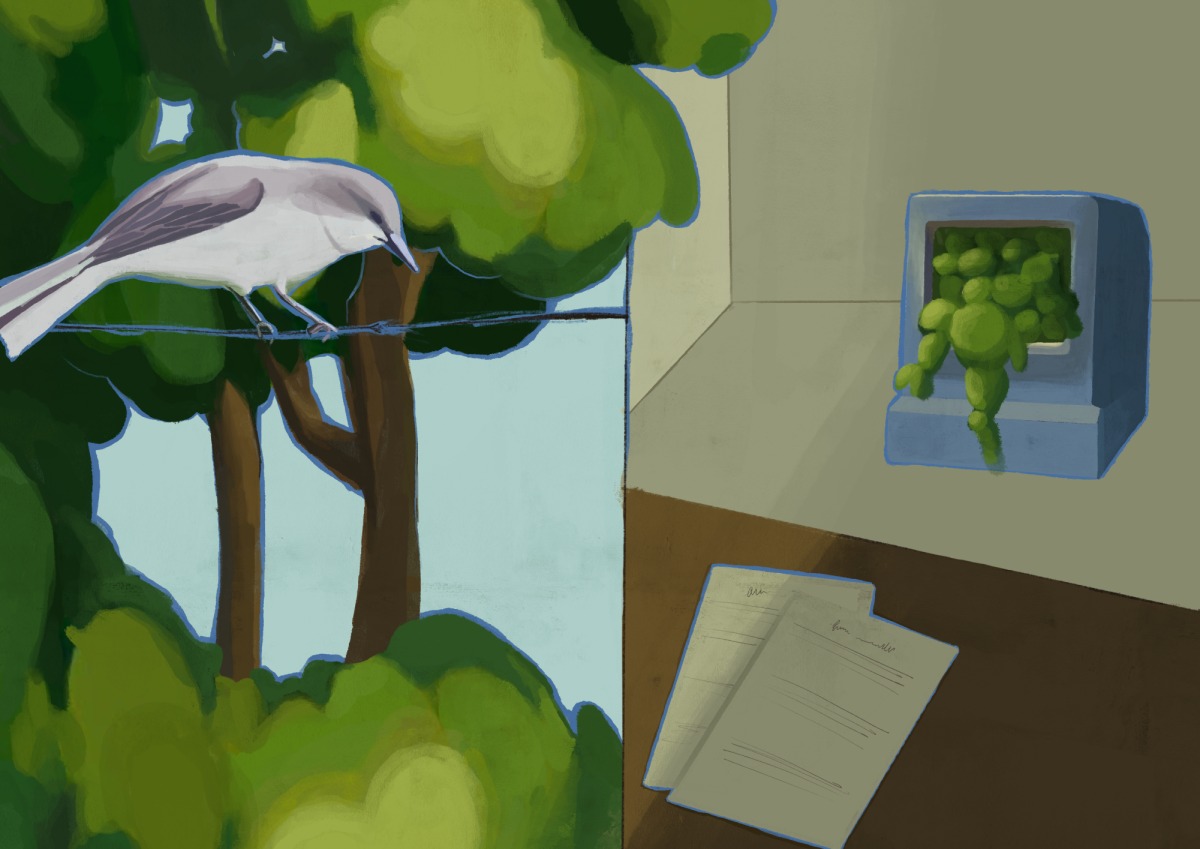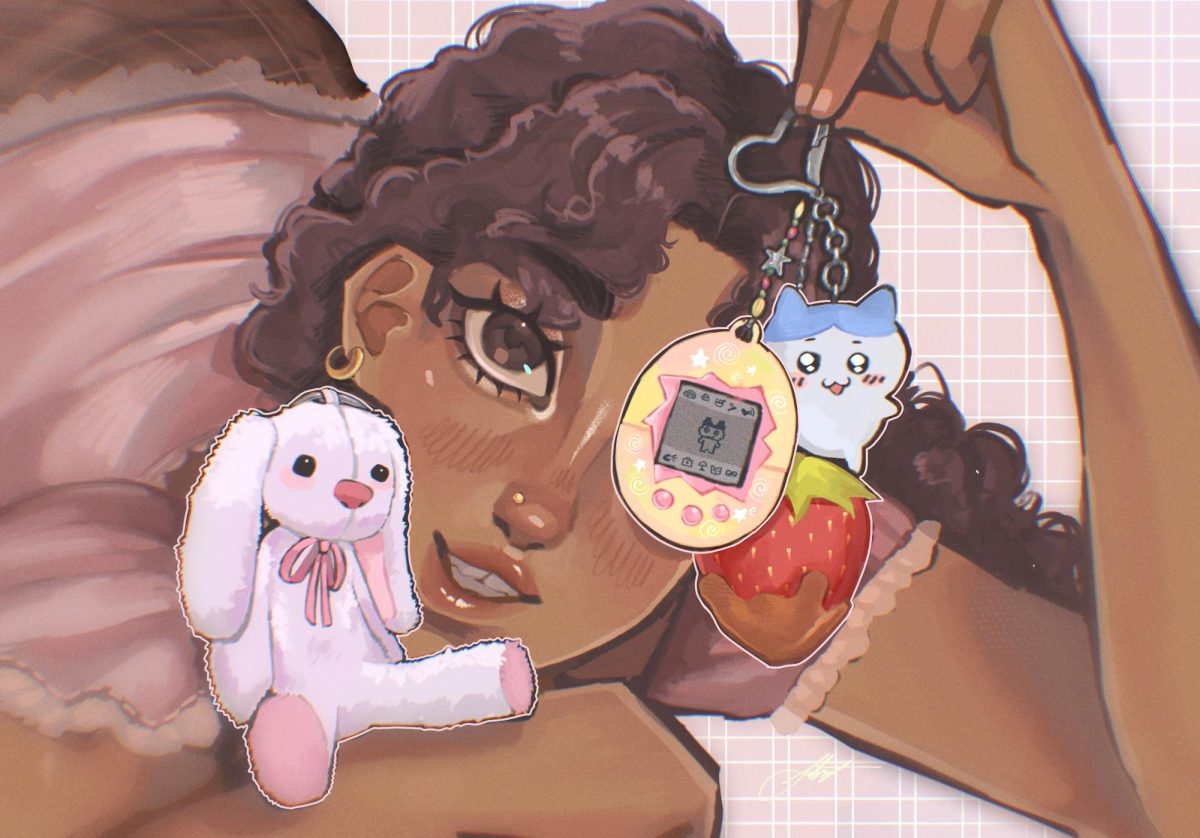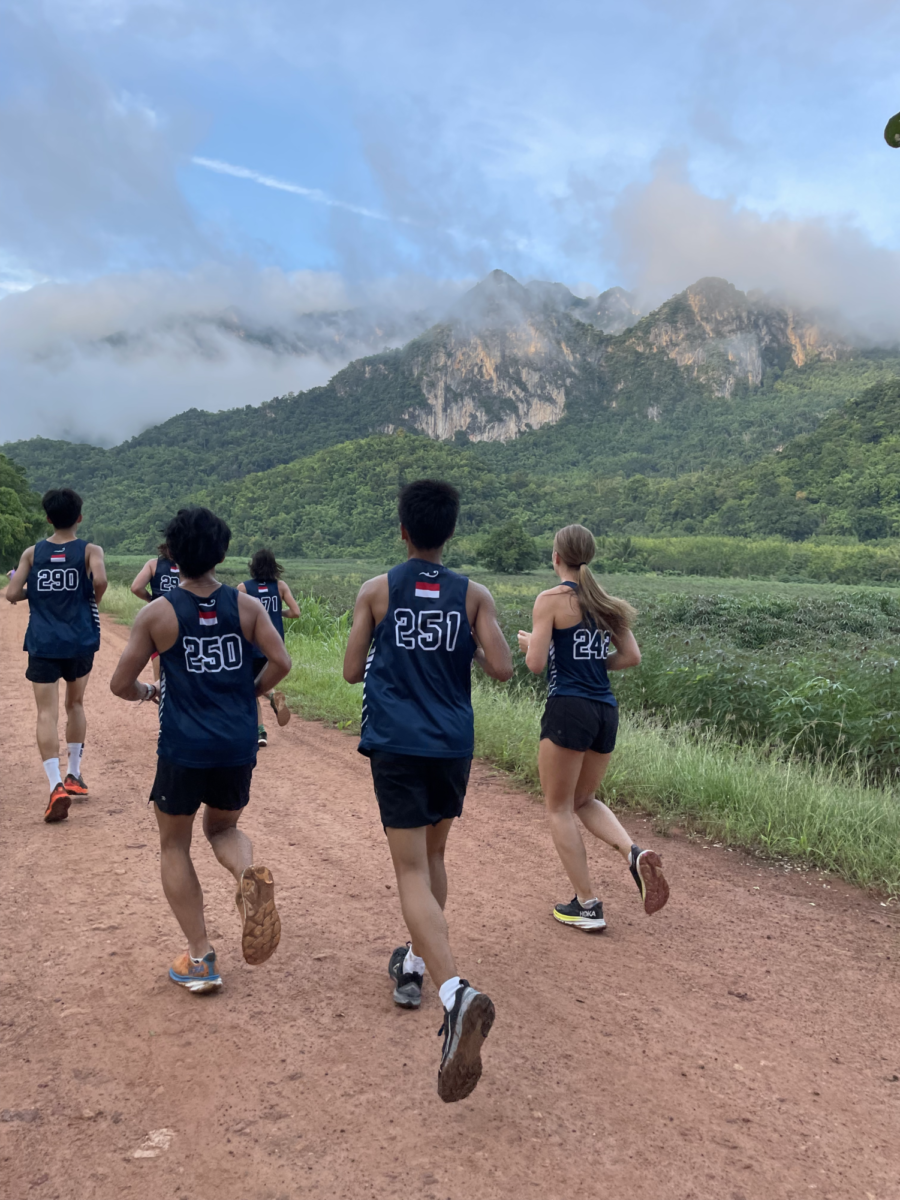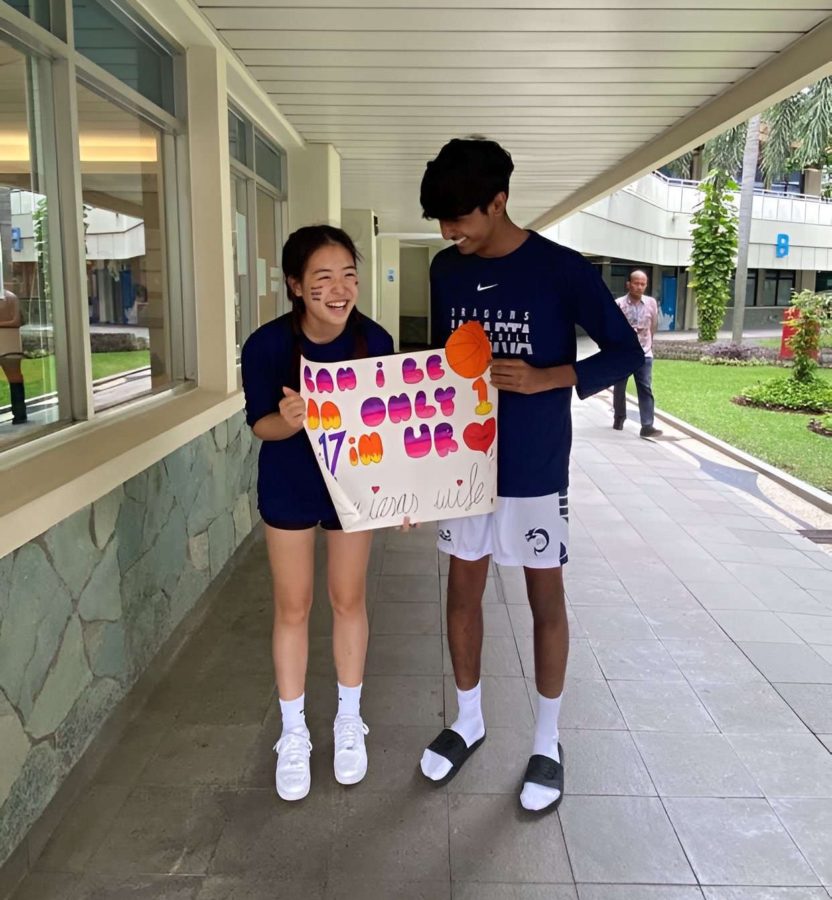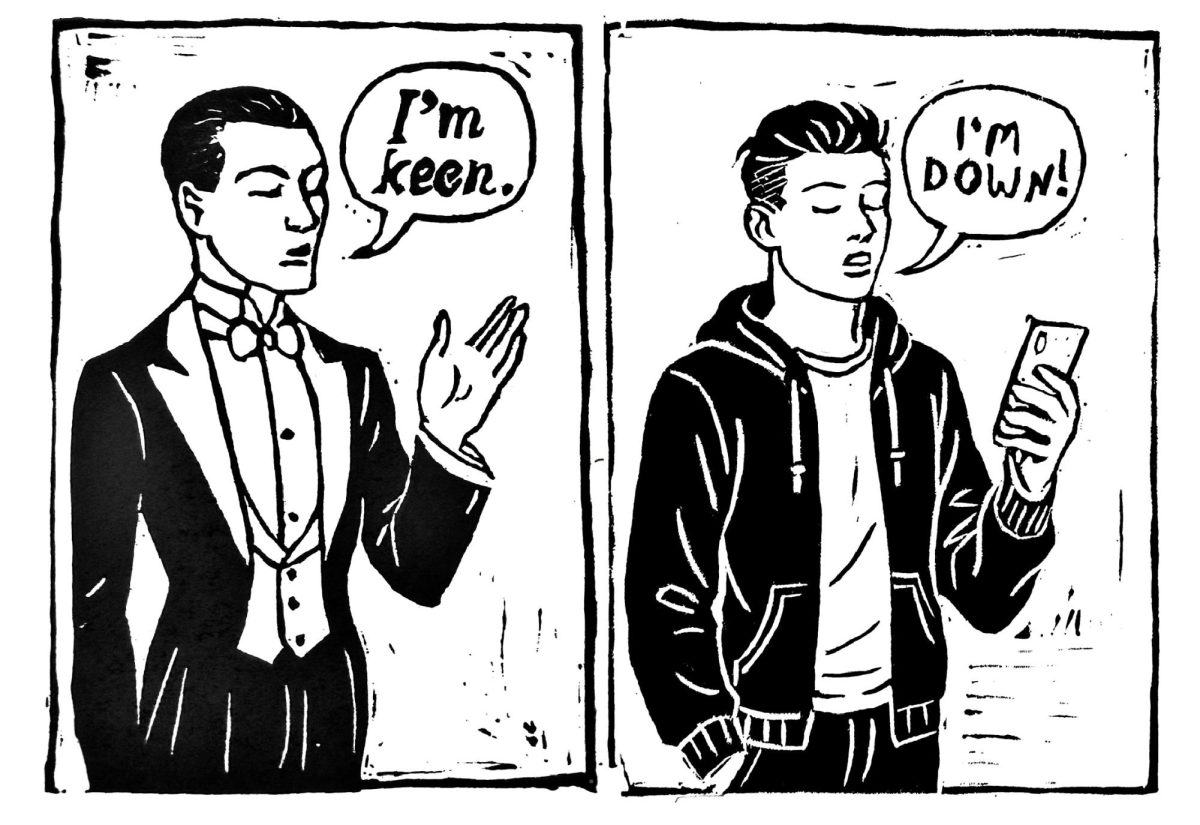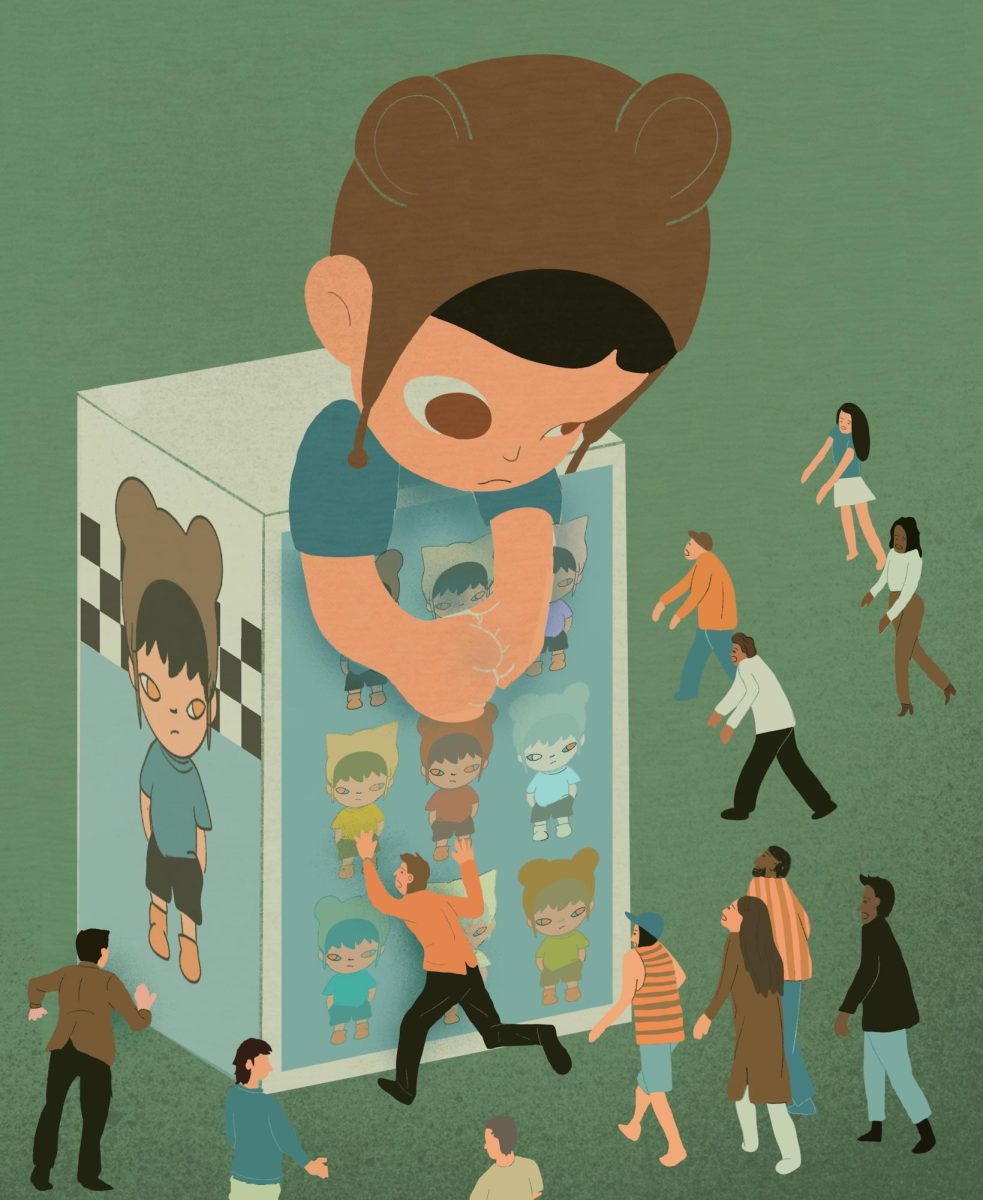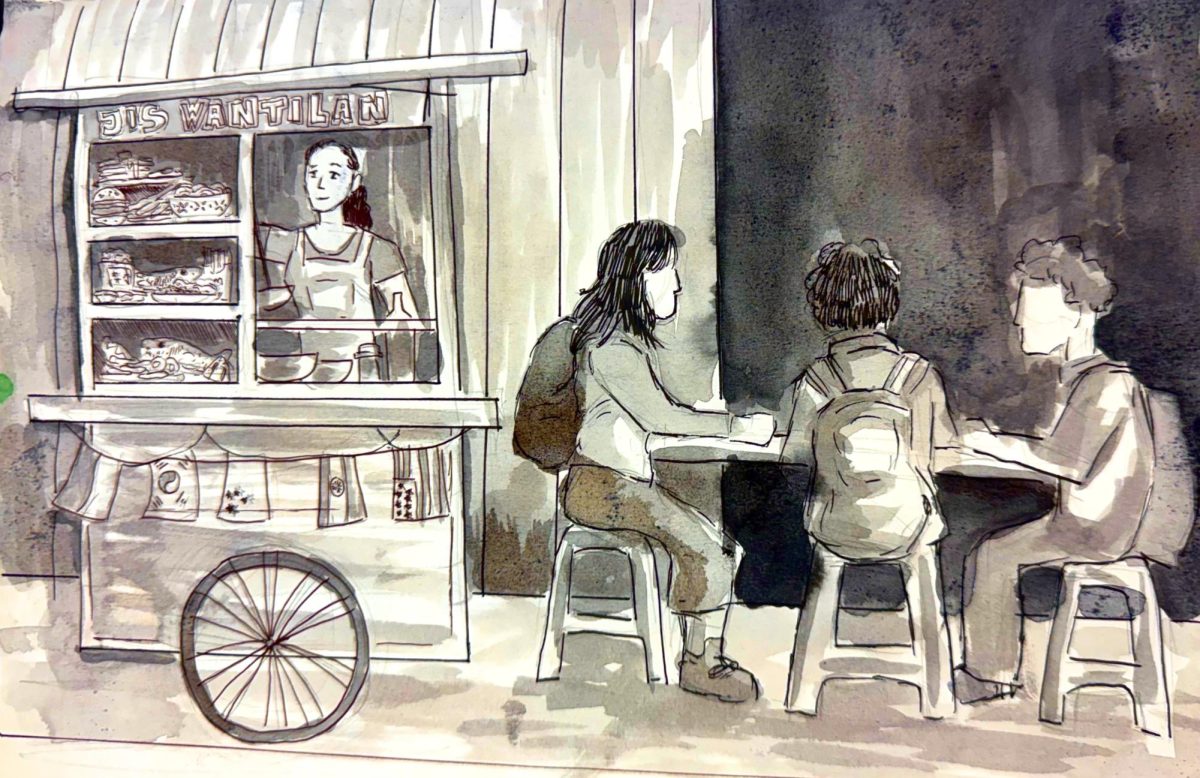When talking about friend groups, we often think about the infamous scene in Mean Girls, where Cady learns of the social hierarchy of her school as well as their usual spots at lunchtime. While it may be an over-dramatized portrayal of the concept of social circles, it does draw parallels with how students prefer hanging out with their friends and how it affects their identity in school. However, how does it correlate with the high school experience—or does the way you form friendships matter at all?
Friend Groups—What Are They?
Friend groups are a collection of students who spend time together that often form at the beginning of the school year as students start to nestle in the school’s intricate social network. These groups form as a result of its members having similar interests in a plethora of things, as is the case with sophomore Justin W. and his friend group, which originates from his AP Modern World History class.
“We all share an interest in geography and history, and I can say we excel in it,” Justin said.
A crucial aspect of a successful friend group is the number of repeated interactions between each peer, such as being in the same classes or extra-curricular activities, which builds chemistry and will eventually lead to a closer bond between each other.
“It is very easy to laugh, make inside jokes that only we can discern, and discuss topics that we are facing together since I know that I will meet them again the very next day, repeating the cycle all over again,” Justin remarked.
Although finding or forming a group is generally understood by most students, it is only the initial part of the process, as the survival of a friend group is dependent on how often a student meets with their peers from either online or in-person contact. As a result, most of them fall apart after a few weeks from a lack of attention from their members, which is caused by students finding more suitable people to befriend.
“Even if you feel like, ‘Oh, they are my friends,’ if you are not meeting them often, you would feel that either the friend group has disbanded or has moved on without you,” Justin said.
In addition, the longevity of friend groups is dependent on the collective willingness of its members to compromise on certain things, such as personal preferences and interest in pop culture, exposing students to a diverse environment of various cultures and life experiences that are especially relevant in an international school setting like JIS.
“No matter where you are in life, the diverse experiences in a friend group open up your perspective to things you might never have thought before,” Justin added.
Close And Not-So-Close
While it may be hard for students to join friend groups, it is also a struggle for those who are looking to expand their social networks outside of their existing circles.
“Attachment to a friend group does limit social interactions—especially if you only had that particular group to start with since the beginning of the school year,” senior Charlene L. said.
Since friend groups are based on similarities, students may find themselves listening to the same views over and over again without knowing another perspective on a matter.
“If you do not hang out with people outside of your friend group—you do not break out of it, so to speak—you are limiting yourself to just one small detail of the high school community,” Charlene remarked.
In isolated instances, friend groups are also known to have demonstrated exclusionary behavior towards new students wishing to join them, which could take away one’s opportunity to communicate and see the views of other people.
“A healthy friend group is one that includes everyone,” Charlene commented. “It is one that makes sure that everyone’s feelings are heard and shares compassion from within and without the group—not nit-picking members based on the groups’ preferences or unwritten rules.”
Maintaining a balance between their respective groups and the wider school community is beneficial in keeping a network of peers outside of their established friends.
“Being familiar and getting along with everybody does not mean you should ditch your friends altogether, and the same can be said the other way around,” Charlene said.
To Float, Or Not To Float?
For some students, friend groups may limit their preferences to branch their social networks into the wider school population, to which they prefer to be a floater, which is the case for senior Eleanor M. for most of her time at JIS.
“I enjoy my freedom in socializing with different people, not just one or two groups in particular,” Eleanor said.
A part of how floaters came to be is impacted by the COVID-19 pandemic, which limited interactions between students at a time that should have been about exploring one’s social and communication skills.
“After students came back to school, I re-learned how to actually talk to people,” Eleanor remarked. “It made classes easier because you were not just a kid looking at a bunch of pixels on a screen, you were all actual people suffering in the same god-awful Math 2 class!”
Although the floater lifestyle might prove beneficial in maintaining good relations with many people, students who are going through a rough time at school may not have a support system that a friend group can offer.
“It is good to have a few close friends because then you have people to talk to about things that you would not talk to some random person in school,” Eleanor said.
Floaters must also be vigilant in traversing the occasional school drama, especially in the cases of major conflicts within the social network in which they would have a hard time juggling arguments between friends.
“If your friends get in a huge fight and you are up all night trying to mediate between them, then it might negatively affect your overall performance following said dispute,” Eleanor said.
Friend Groups—As Food For Thought…
Therefore, the idea of friend groups as a way for students to form friendships holds a significant impact on their high school experience, as it will lead toward shaping their ability to collaborate and communicate, which is an essential life skill for life beyond high school.
“[Friend groups] help most people because they teach you how to work with others,” Eleanor commented. “If you learn how to deal with and adapt to a particular group of people that are all different in some way, you can work with anyone in the future.”
In the end, friend groups are a culmination of how students form their identities through like-minded peers and how they learn what they are looking for in their friendships, inspiring their peers to do the same.
“Because you’re bound to make mistakes along the way, you might as well learn from and implement them in your next friend group,” Charlene concluded.

